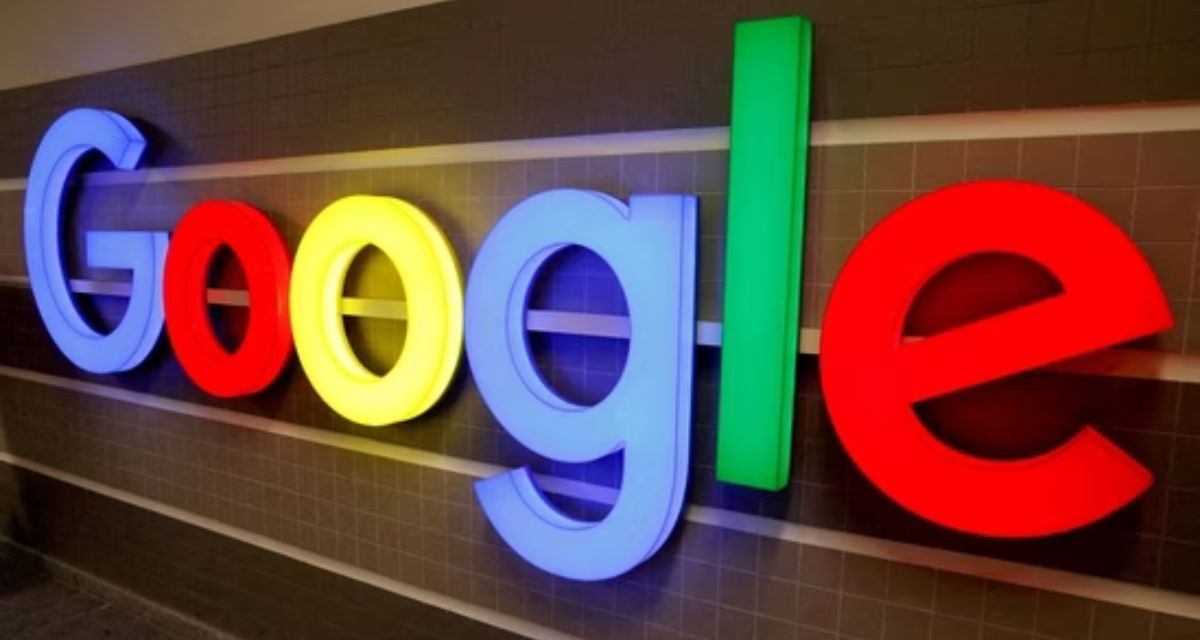It has recently agreed to a significant Google’s $700 Million App Store, marking a crucial moment in the tech giant’s ongoing battle regarding its Android app store. This agreement, reached with state attorneys general, follows allegations of stifling competition, echoing a similar trial that could potentially bring about more substantial changes.
The settlement unraveled terms that hadn’t been disclosed since its agreement in September, shedding light on a $630 million compensation designated for U.S. consumers affected by a payment processing system alleged to have inflated digital transaction prices within the Play Store’s apps. This store caters to Android software, powering a majority of the world’s smartphones.
Similar to Apple’s iPhone app store, Google has been collecting commissions, ranging from 15% to 30%, on in-app purchases. State attorneys contended that these fees created inflated prices by eliminating an open market for payment processing. This tactic reportedly resulted in substantial profits for Google, with evidence revealing billions generated annually through the Play Store.
Eligible consumers stand to receive a minimum of $2, with the potential for additional compensation based on their spending within the Play Store from August 16, 2016, to September 30, 2023. Over 102 million U.S. consumers who made in-app purchases during this period will be notified about various options for receiving their share.
Besides the financial compensation, Google is set to make structural changes. These modifications aim to facilitate easier access to alternative app outlets apart from the Play Store for the next five years. Moreover, the company will reduce the frequency of security warnings, known as “scare screens,” when users opt for alternative choices.
The settlement also grants app developers more flexibility, allowing them to offer alternative payment methods, thus circumventing the Play Store’s commission system. This alteration could lead to promotions of lower prices for consumers opting for alternate payment routes.
Despite Google’s agreement to pay a substantial sum, investors seemed relatively unaffected, with Alphabet Inc.’s shares marginally rising post-settlement.
Connecticut Attorney General William Tong emphasized the settlement as a unified message asserting fair access to the digital marketplace, while Google’s Vice President Wilson White framed it as a move reinforcing Android’s flexibility and security.
However, not all parties are satisfied with the settlement. Epic Games, leading the attack on Google’s app store practices, rejected the settlement, choosing to pursue its case in court, echoing sentiments from a previous trial targeting Apple’s app store.
The outcome of the Epic trial raises the possibility of further penalties for Google and more significant alterations to its Android ecosystem. U.S. District Judge James Donato, overseeing the Epic Games trial, will determine these changes in the coming year and decide on the approval of Google’s settlement with the states.
The future holds additional legal hurdles for Google, including an ongoing antitrust case concerning its dominant search engine, set to conclude with closing arguments in early May.
The tech giant’s journey through these legal battles continues to shape the landscape of app stores and digital marketplaces, promising potential reforms and compensation for affected users while posing significant challenges for one of the world’s leading tech companies.

